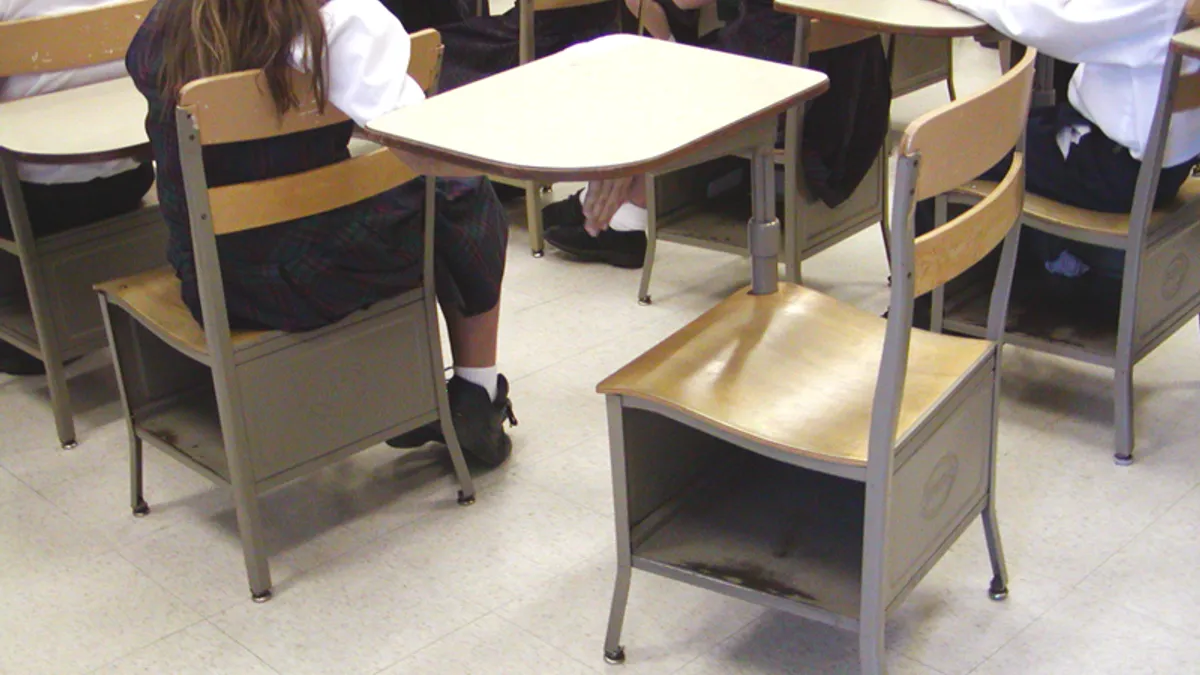Dive Brief:
- The Florida Senate recently rejected a proposal to require more accountability from private schools taking state vouchers, the Orlando Sentinel reports. Currently, private schools in the state that accept vouchers are not required to share test results or graduation rates, and prior coverage by the paper details how some schools receiving vouchers hire teachers without college degrees or with criminal records, teach curricula including religious ideologies, and deny admission to or penalize students who are gay or transgender.
- State Sen. Tom Lee (R-Thonotosassa) proposed the amendment, saying the state should have more access to information on performance in the $1 billion program that serves more than 170,000 students. The amendment would have been part of a bill aiming to expand the state's Family Empowerment Scholarship Program by 29,000 more students at a cost of another $200 million.
- Lawmakers who opposed the proposal claim such rules would discourage private schools from accepting the vouchers, which are meant to help families who cannot afford tuition.
Dive Insight:
On the national level, U.S. Secretary of Education Betsy DeVos has promoted a proposed $5 billion tax credit scholarship program that low-income students could use to attend private schools. The program would allow states to opt in and give individuals and corporate donors tax credits for contributing to scholarship programs.
Though the vouchers are designed to help low-income students pay for private schools, the funds could also be used for apprenticeships, dual enrollment, after-school and remedial programs. The proposal has been criticized by public school leaders, who say the plan pulls funds from public schools, and even conservative stakeholders who think the plan could invite further regulation and oversight of private schools and is outside the federal government’s jurisdiction.
In previous Congressional hearings, federal lawmakers have also raised concerns that private schools receiving government funds through voucher programs could discriminate against students based on their gender identity or religion.
The situation in Florida is similar to that in other states where private schools receive public funds through voucher programs but aren’t held to the same level of accountability as public schools. In Louisiana, students who used vouchers to attend their first-choice private schools had lower test scores (especially in math) after four years than those who didn’t get their preferred school. Still, other research done on the Louisiana Scholarship Program shows there could be other reasons for the low scores, including the possibility that private schools’ curricula wasn’t lined up with state standards.
Studies have also been conducted on students receiving vouchers in Indiana, Ohio and Washington, D.C. Findings suggest the programs have a negative impact on student achievement in math. In other areas, results have been mixed.






 Dive Awards
Dive Awards







